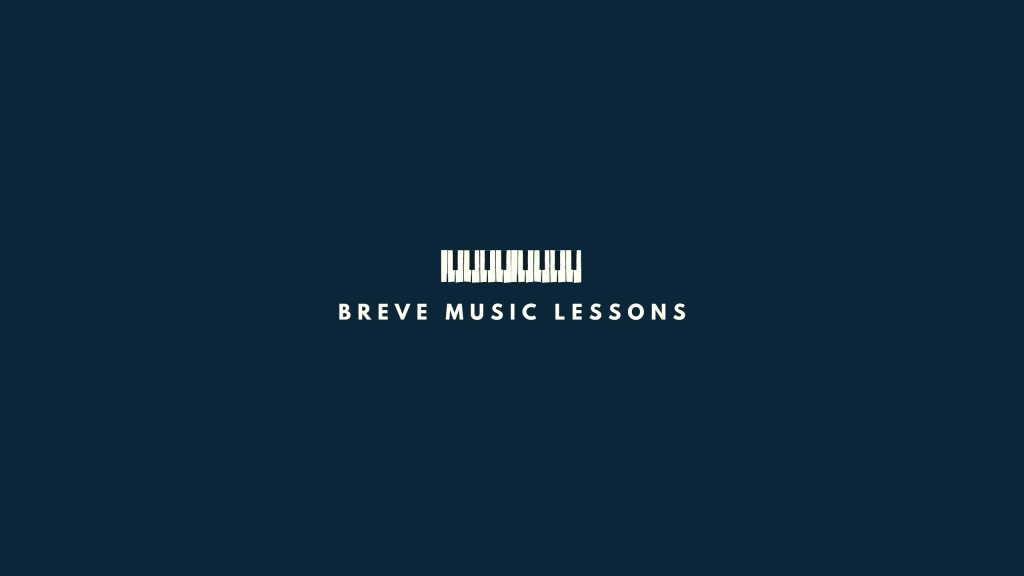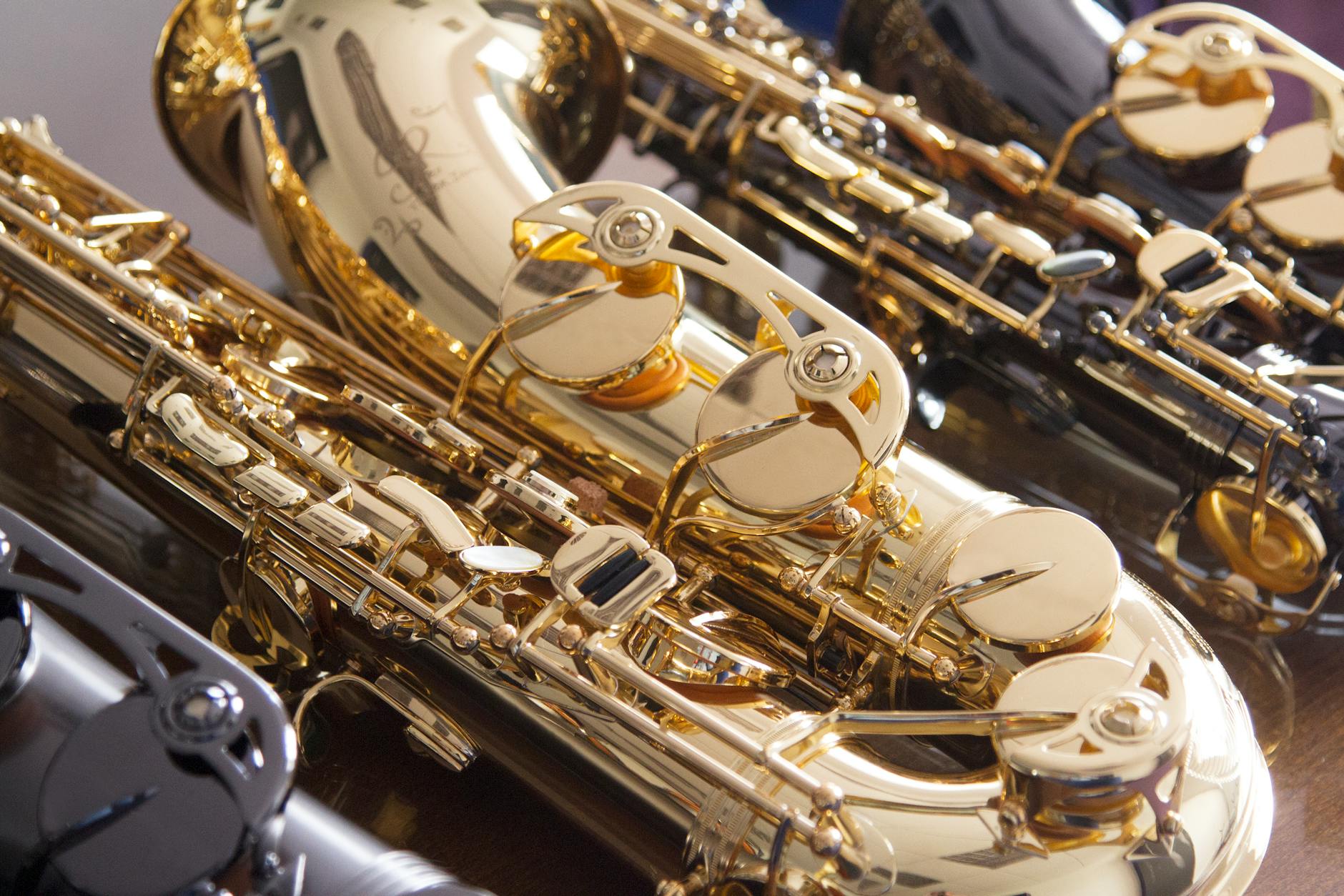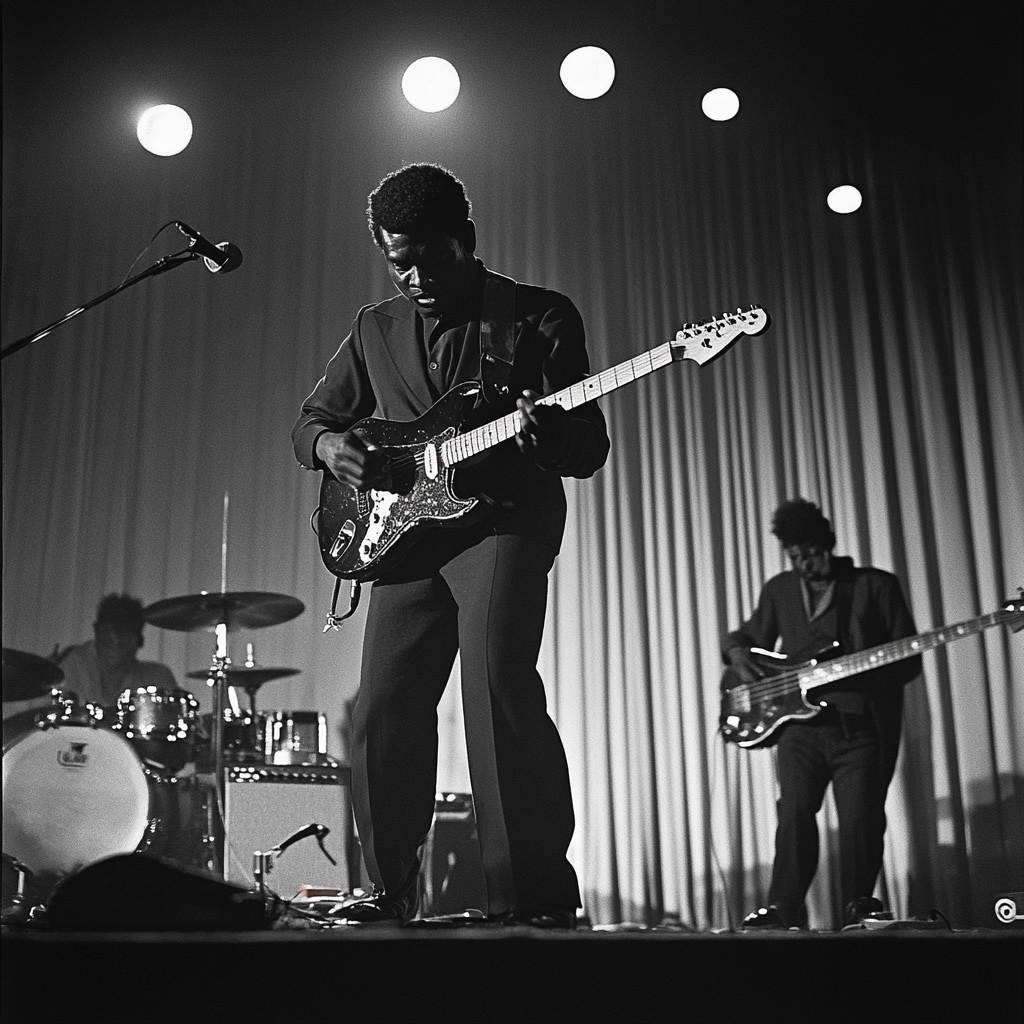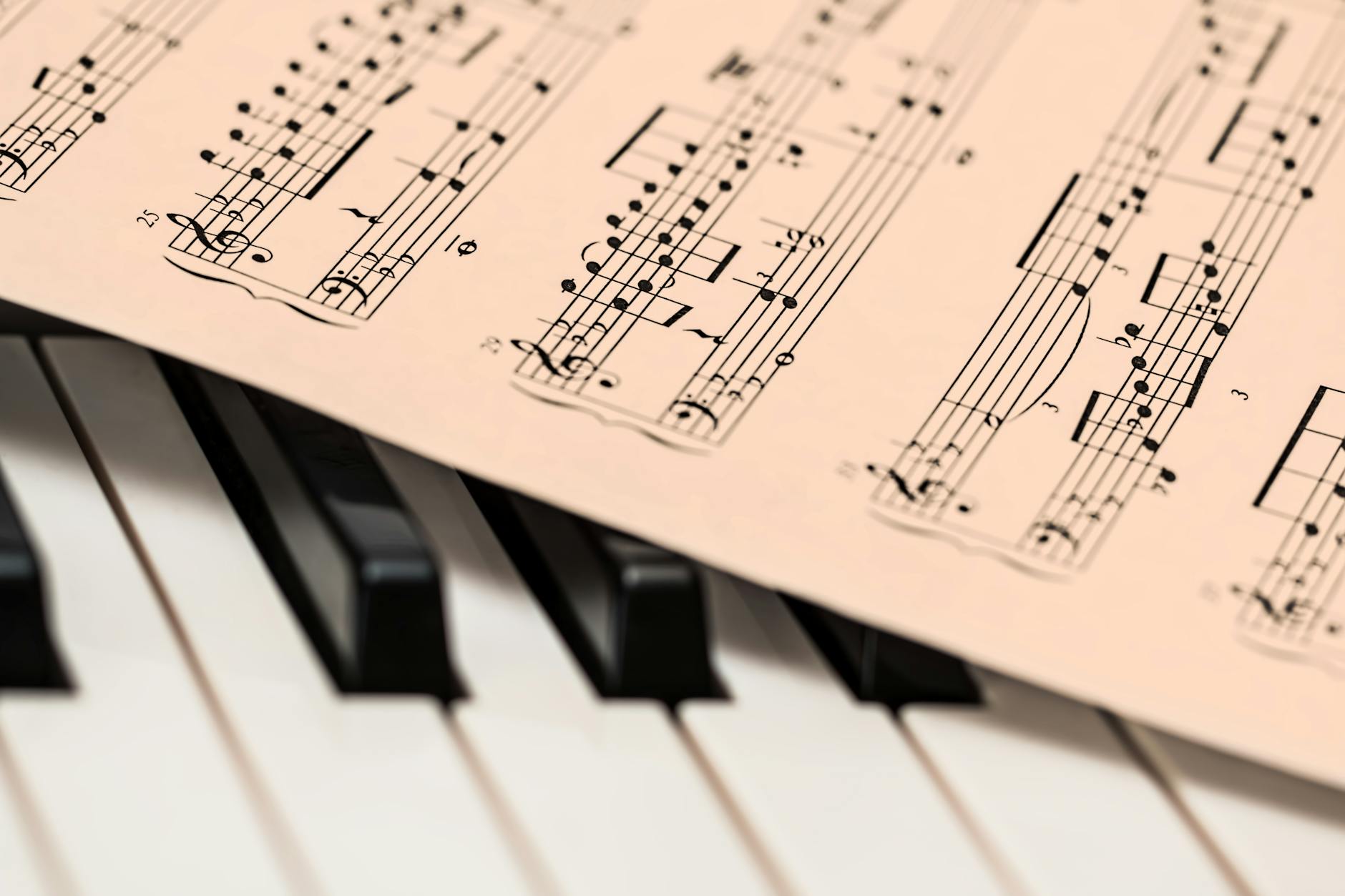Table of Contents
Best Instruments for Beginners: Choosing the Right Musical Instrument
Choosing the right musical instrument can be challenging, especially as a beginner. With so many options available, it’s essential to consider various factors that can influence your decision. This article will guide you through the best instruments for beginners.
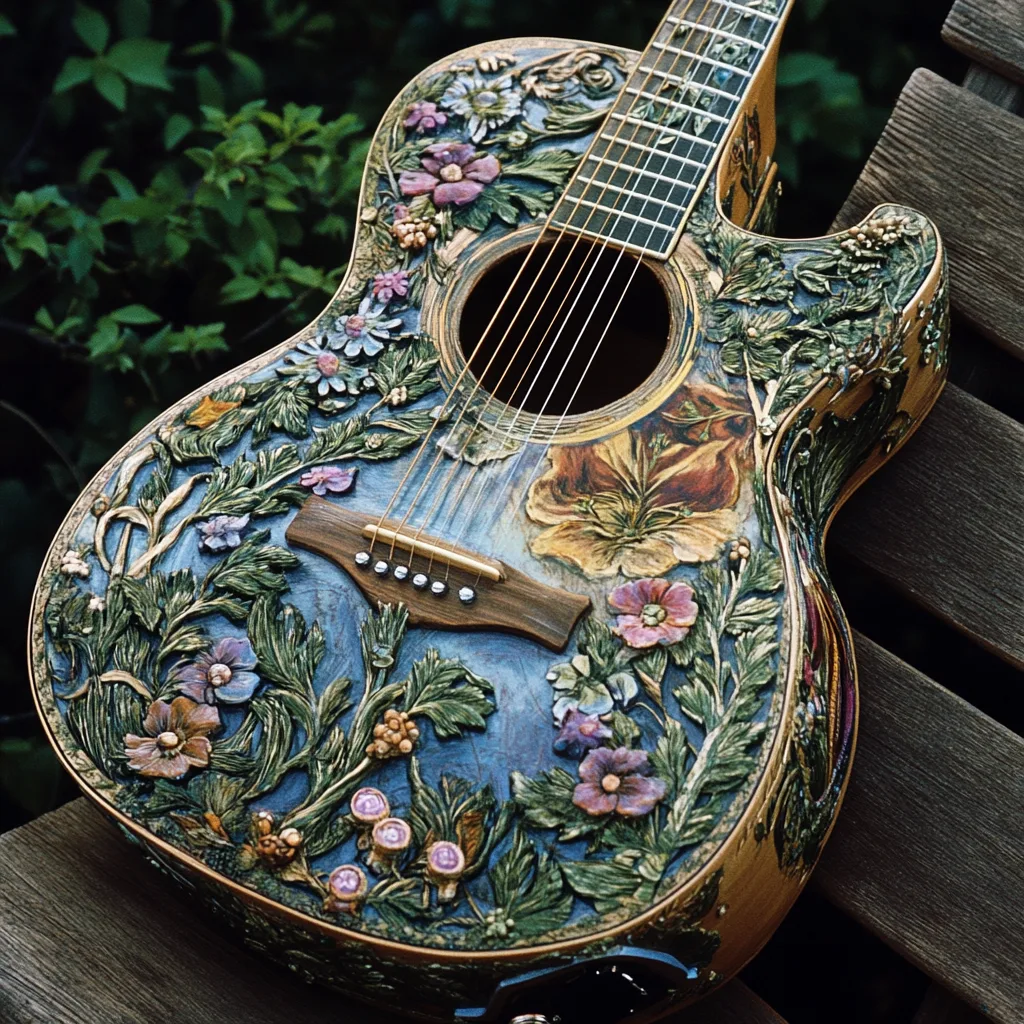
What is the Best Instrument for Beginners?
Factors to Consider When Choosing an Instrument
When selecting an instrument for beginners, several factors come into play. First, consider your personal interests and the type of music you enjoy. If you love strumming along to your favorite songs, an acoustic guitar or ukulele might be the right instrument for you. Alternatively, if you are drawn to orchestral music, string instruments like the violin or woodwind instruments such as the flute could be more appealing. Additionally, think about the physical aspects of playing an instrument. Some instruments, like the drum kit or saxophone, may require more physical strength or lung capacity than others. It’s also important to consider the availability of music lessons and resources in your area, as well as your budget for purchasing an instrument.
Popular Instruments for Beginners
There are several popular instruments that are often recommended for beginners. The acoustic guitar is a favorite due to its versatility and the wide range of music styles it can accommodate. The ukulele is another excellent choice for new players, as its smaller size and fewer strings make it easier to learn basic chords. For those interested in woodwind instruments, the flute and clarinet are great options, while brass instruments like the trumpet can also be beginner-friendly. Percussion instruments, such as the drum kit, offer a fun way to start playing music and can help develop a strong sense of rhythm. Ultimately, the best instruments for beginners are those that inspire you to practice and make music.
How to Decide on the Right Instrument for You
Deciding on the right instrument involves a combination of personal preference and practical considerations. Start by exploring different instruments through videos or live performances to see what resonates with you. If possible, visit a local music store where you can try out various instruments. Many schools of music offer introductory classes that allow you to learn the fundamentals of different instruments before committing to one. Additionally, consider your long-term goals. If you aspire to play in a band, you might want to choose a band instrument like the saxophone or trumpet. On the other hand, if you prefer solo performances, a string instrument or keyboard could be a better fit.
Why Should You Learn to Play an Instrument?
Benefits of Learning a Musical Instrument
Learning to play a musical instrument offers numerous benefits that extend beyond just making music. Engaging with music education can enhance cognitive abilities, improve memory, and boost creativity. Studies have shown that individuals who learn to play an instrument often perform better academically, as the skills developed through music, such as discipline and focus, translate well into other areas of study. Additionally, playing an instrument can serve as a powerful form of self-expression, allowing you to convey emotions and connect with others through music.
How Playing an Instrument Can Enhance Your Life
Playing an instrument can significantly enhance your quality of life. It provides a productive outlet for stress relief and can be a source of joy and fulfillment. Many people find that playing music helps them relax and unwind after a long day. Furthermore, participating in group music activities, such as band or ensemble playing, fosters social connections and teamwork. These interactions can lead to lasting friendships and a sense of community, enriching your life in ways that extend beyond music.
Long-term Advantages of Learning Music
The long-term advantages of learning music are profound. As you continue to develop your musical skills, you may find opportunities to perform, teach, or even compose your own music. The discipline required to learn an instrument can instill a strong work ethic that benefits you in various aspects of life. Moreover, the ability to play a musical instrument can provide a lifelong hobby that brings joy and satisfaction. Whether you choose to play casually or pursue a career in music, the skills you acquire will serve you well throughout your life.
What Are the Best Instruments for Kids to Learn?
Top Beginner Instruments for Children
When it comes to children, selecting the right beginner instrument is crucial for fostering a love of music. Instruments like the recorder and ukulele are often recommended for younger learners due to their simplicity and affordability. The keyboard is another excellent choice, as it introduces children to music theory and allows them to explore a wide range of musical styles. For those interested in percussion, a simple drum kit can be a fun way to start learning rhythm. String instruments like the violin can also be suitable for older children, especially if they show an interest in orchestral music.
How to Encourage Kids to Start Playing
Encouraging kids to start playing an instrument involves creating a positive and supportive environment. Introduce them to various musical genres and let them explore different instruments to find what excites them. Consider enrolling them in music lessons that focus on fun and engaging methods of learning. Additionally, participating in family music activities can help reinforce their interest. Celebrate their progress, no matter how small, and provide opportunities for them to perform, whether at home or in front of friends and family. This encouragement can instill a sense of accomplishment and motivate them to continue learning.
Choosing the Right Instrument for Your Child
Choosing the right instrument for your child requires careful consideration of their interests and physical capabilities. Observe their reactions to different instruments and encourage them to express their preferences. It’s also important to consider the size of the instrument; for example, a smaller child may find it challenging to handle a full-sized guitar or violin. Many music stores offer rental programs, allowing you to try out an instrument before making a purchase. Ultimately, the right instrument is one that your child feels excited about and motivated to learn.
Recommendations for Best Instruments for Beginners
1. Why Learn to Play the Ukulele?
Why the Ukulele is Ideal for New Players
The ukulele is often hailed as one of the best instruments for beginners, and for good reason. Its lightweight design and four nylon strings make it easy to handle and play, especially for younger learners. The ukulele’s tuning is forgiving, allowing new players to quickly learn basic chords and strum along to their favorite songs. This accessibility makes it a great choice for those looking to start playing music without feeling overwhelmed. Additionally, the ukulele has a cheerful sound that can uplift spirits and encourage creativity.
Basic Techniques for Learning the Ukulele
To start learning the ukulele, beginners should focus on mastering a few basic techniques. Begin with learning how to hold the instrument properly and familiarize yourself with the different parts of the ukulele. Next, practice simple chord shapes and strumming patterns. Online tutorials and instructional videos can be invaluable resources for new players. As you progress, try experimenting with fingerpicking techniques and learning popular songs to keep your practice sessions enjoyable. Consistent practice will help you develop your musical skills and build confidence in playing the ukulele.
Resources for Ukulele Beginners
There are numerous resources available for ukulele beginners, ranging from online courses to local music schools. Websites and apps dedicated to music education often provide structured lessons that cater to different skill levels. YouTube is also a treasure trove of tutorials, where you can find everything from beginner lessons to advanced techniques. Joining online forums or local ukulele clubs can connect you with other learners, providing a supportive community to share tips and experiences. With the right resources, anyone can learn to play the ukulele and enjoy the process of making music.
2. Why Learn to Play the Violin?
Essential Tips for Learning the Violin
Starting to play the violin can be a rewarding yet challenging experience for beginners. One essential tip is to invest in a quality instrument that suits your size and skill level. Proper posture and bow hold are crucial for producing a good sound, so take the time to learn these fundamentals from the outset. Regular practice is key to developing your technique, so establish a consistent practice routine. Additionally, consider taking lessons from a qualified instructor who can provide personalized guidance and feedback as you progress.
Common Challenges for Violin Beginners
Violin beginners often face several common challenges, including difficulty with intonation and bowing technique. It can be challenging to produce a clean sound, as the violin requires precise finger placement and bow control. Patience and perseverance are essential, as mastering these skills takes time. Many beginners also struggle with reading music, but with practice, you can learn to understand music theory and notation. Embrace these challenges as part of the learning process, and remember that every musician has faced similar hurdles on their journey.
Finding the Right Violin and Lessons
Finding the right violin and lessons is crucial for beginners. When selecting a violin, consider renting one from a local music store to ensure you find the right fit before making a purchase. Look for instruments that are well-crafted and suited for beginners. As for lessons, seek out a qualified teacher who specializes in teaching beginners. Many schools of music offer group classes, which can be a fun way to learn alongside peers. Online lessons are also an option, providing flexibility and access to a wide range of instructional materials. With the right resources and support, you can embark on your violin journey with confidence.
3. Why Learn to Play Guitar?
The guitar is one of the most popular instruments for beginners, and for good reason. Whether you choose an acoustic, electric, or classical guitar, the instrument offers versatility and accessibility for players of all ages. With just a few basic chords, you can start playing along to your favorite songs, making it an excellent choice for those who want to see quick progress.
Benefits of Learning Guitar
- Versatility: The guitar can be used in various genres, from rock and pop to classical and jazz.
- Widely Available Learning Resources: There are countless online tutorials, videos, and apps to help beginners, making it easy to find lessons that fit your learning style.
- Portability: Acoustic guitars, in particular, are relatively portable, allowing you to practice anywhere without needing additional equipment.
Learning guitar also helps you develop finger coordination and a strong sense of rhythm, both essential skills for musicians. As you advance, you can explore different techniques, such as fingerpicking or soloing, expanding your musical capabilities over time.
Challenges for Beginners
While the guitar is beginner-friendly, it does come with challenges, like developing calluses on your fingers from pressing the strings. Additionally, mastering chord transitions and finger placement takes practice. However, with consistent effort, most beginners can quickly overcome these hurdles and enjoy the rewarding experience of playing.
4. Why Learn to Play the Saxophone?
The saxophone is a fantastic option for beginners who are drawn to the expressive sound of wind instruments. Commonly used in jazz, classical, and pop music, the saxophone’s rich, warm tone makes it a versatile instrument that can fit into various musical styles. It’s especially appealing for those who enjoy improvisation or want to join a band or ensemble.
Benefits of Learning Saxophone
- Smooth Learning Curve: The saxophone is often considered one of the easier wind instruments to learn due to its relatively straightforward fingerings and responsive reed.
- Expressiveness: The saxophone allows for a high level of expressiveness, making it ideal for players who want to convey emotion through their music.
- Social and Ensemble Playing: The saxophone is commonly used in band settings, which can make learning more enjoyable through group performances and ensemble practice.
Beginners typically start on the alto saxophone, which is smaller and more manageable in size compared to the tenor or baritone saxophones. This instrument can help you develop strong breath control and finger coordination, skills that are transferable to many other wind instruments.
Challenges for Beginners
Like all instruments, the saxophone has its challenges, particularly in learning proper breathing techniques and embouchure (the way you shape your mouth around the mouthpiece). Beginners may also need time to adjust to reading sheet music and learning fingering for different notes. However, with regular practice, most beginners can quickly learn basic melodies and enjoy the full, vibrant sound of the saxophone.
5. Why Learn to Play the Piano?
The piano is often considered one of the best instruments for beginners due to its intuitive layout and versatility. With 88 keys, the piano spans a wide range of notes, allowing players to explore various genres such as classical, jazz, pop, and more. It’s a foundational instrument that helps beginners learn music theory, develop coordination, and understand melody, harmony, and rhythm simultaneously.
Benefits of Learning Piano
- Ease of Learning: The piano’s layout makes it easier for beginners to visualize music theory concepts. Unlike string or wind instruments, each key corresponds to a specific note, so you can immediately start playing simple melodies.
- Versatility: Whether you’re playing solo pieces or accompanying other musicians, the piano offers endless possibilities in terms of musical styles and complexity.
- Musical Foundation: Learning the piano provides a strong foundation for understanding musical structure. Many musicians start with piano before moving on to other instruments because it helps develop skills like sight-reading and rhythm.
For beginners, digital pianos or keyboards are great options, as they are more affordable and take up less space than traditional acoustic pianos. They also come with features like built-in metronomes and learning modes to aid practice.
Challenges for Beginners
While the piano is beginner-friendly, some challenges include learning to coordinate both hands to play different rhythms and melodies simultaneously. It also requires patience when learning to read sheet music for both the treble and bass clefs. However, with regular practice, most beginners can quickly progress from simple pieces to more complex compositions.
Additional Reading
More blog posts can be found here. Consider following Breve Music Lessons on Facebook.
